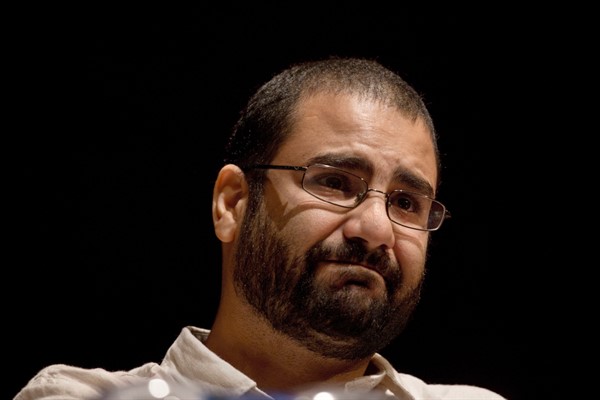Editor’s note: This is the web version of our subscriber-only weekly newsletter, Middle East Memo, which takes a look at what’s happening, what’s being said and what’s on the horizon in the Middle East. Subscribe to receive it by email every Monday. If you’re already a subscriber, adjust your newsletter settings to receive it.
The United States’ partners in the Middle East continue to enjoy impunity when it comes to Washington’s responses to their human rights abuses. Witness the ease with which Saudi Arabia escaped accountability for the murder in 2018 of Jamal Khashoggi, a Saudi dissident journalist who lived in exile in the U.S. It seems to be guiding Israel’s efforts to avoid an investigation into the killing of Shireen Abu Akleh, a U.S.-Palestinian dual-citizen and prominent journalist who was allegedly shot earlier this month by Israeli security forces while reporting on Israeli raids in Jenin in the occupied West Bank.
Now another high-profile government critic in the Middle East is at risk: the Egyptian activist Alaa Abdel Fattah, who was arrested by state security forces during a wave of protests there in 2019. Fattah was convicted of spreading false news and handed a five-year sentence late last year. In April, he began a hunger strike in prison that his family now fears is close to taking his life.

